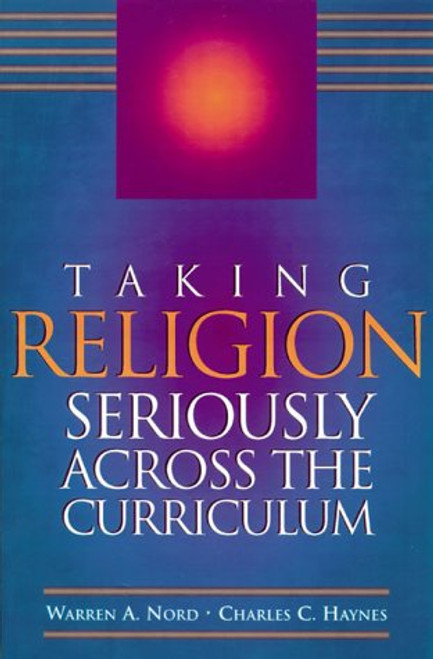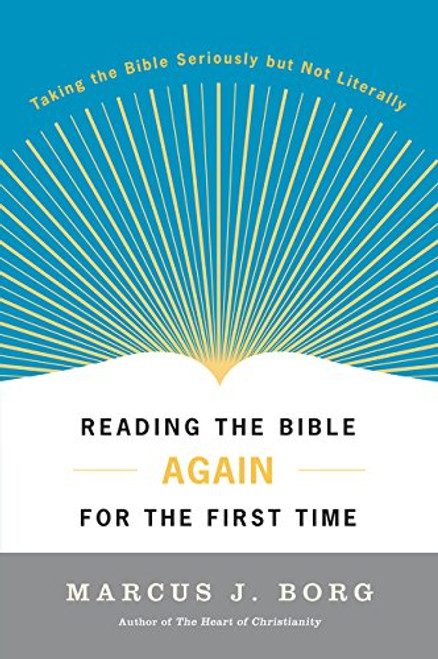There has never been a time in Western history that humor and laughter were not topics of intellectual debate and interest. That is still true. John Morreall's broad-ranging concerns in Taking Laughter Seriously make it a book that will interest those in the social and behavioral sciences, philosophy, English literature and criticism, drama, and folklore. Morreall has done an admirable job of analyzing earlier theories. His discussions of humor as aesthetic experience, social lubricant, and valuable human feature are original and provocative. -- Jeffrey H. Goldstein, Professor of Psychology, Temple University The attempt at providing a theoretical framework which will include all forms of laughter and humor and will accommodate the main types of theories previously advanced, is the principal thrust and success of Taking Laughter Seriously. The topic is important and is one which philosophers have tended to ignore, as have most disciplines. It needs periodic philosophical reflection. The book is clearly written, well organized, and well illustrated. Morreall's style, sometimes almost conversational, fits the subject matter. One would hope that a book on laughter and humor, even a scholarly one, would not be so ponderous and officious that it evidenced little relationship to its announced topic. Taking Laughter Seriously avoids that contradiction and strikes a good balance. -- Conrad Hyers, Professor of Religion, Gustavus Adolphus College, author of The Comic Vision and the Christian Faith. The book's qualities are, first, its scope and persuasiveness. The whole book demonstrates the seriousness of humor and its central place in human life. I know of no comparable work. The second quality of Taking Laughter Seriously is its clarity and its engaging style. It knocks out previous theories of laughter (including Freud's) and replaces them with a comprehensive one of its own. It is bloody funny. It will be enjoyed by philosophers, psychologists, teachers, and anyone who can read. -- G. J. Barker-Benfield, Associate Professor of History, State University of New York at Albany
Taking Laughter Seriously
Brand: State University of New York Press
$23.60 - $42.01
- UPC:
- 9780873956437
- Maximum Purchase:
- 2 units
- Binding:
- Paperback
- Publication Date:
- 1983-06-30
- Author:
- John Morreall
- Language:
- english






